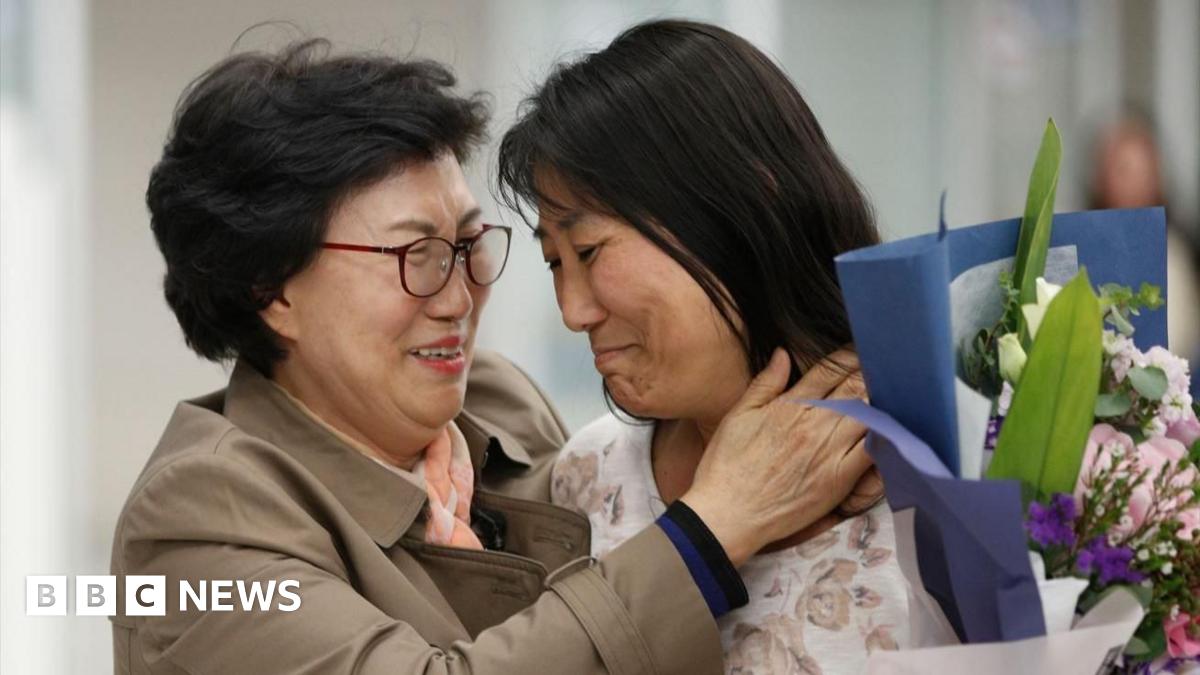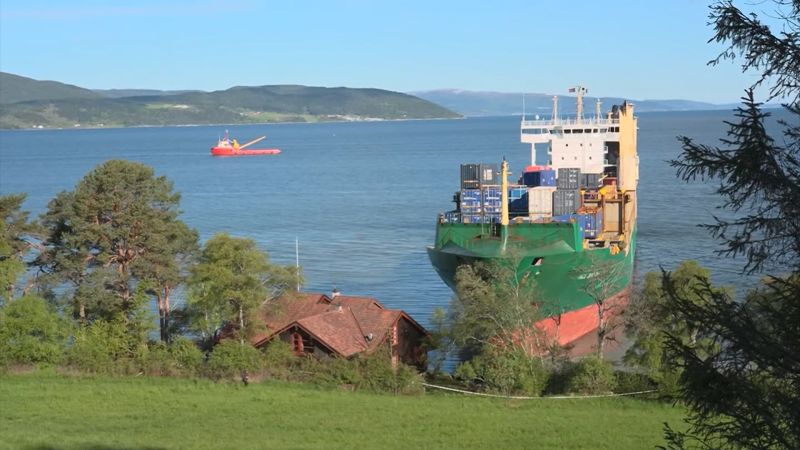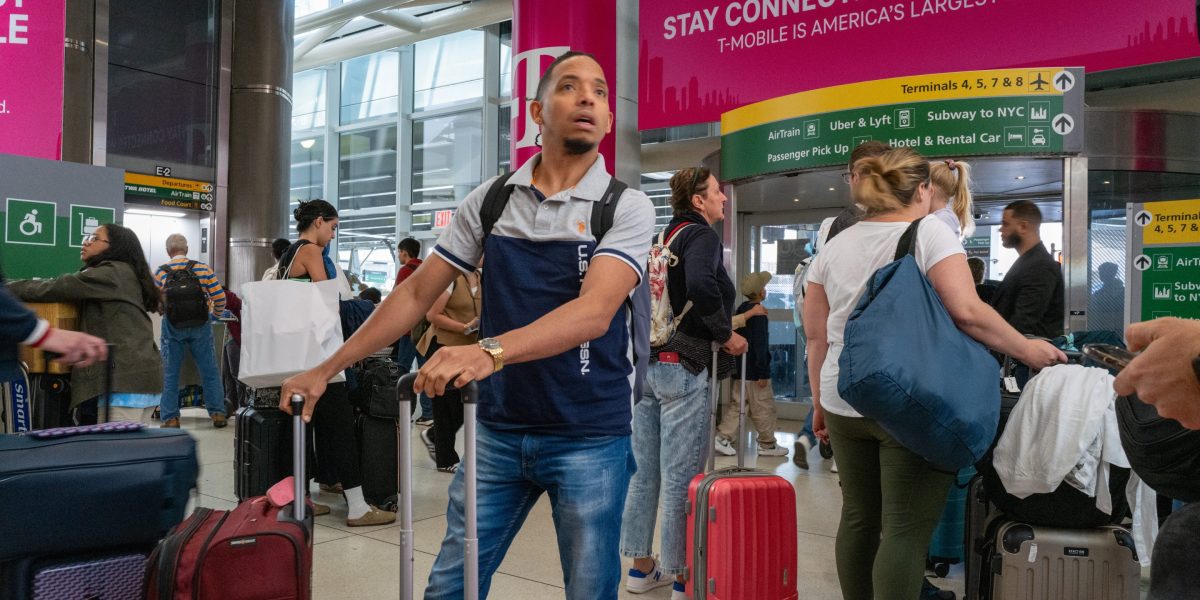Unpacking South Korea's History: The Complex Story Of Overseas Adoptions

Welcome to your ultimate source for breaking news, trending updates, and in-depth stories from around the world. Whether it's politics, technology, entertainment, sports, or lifestyle, we bring you real-time updates that keep you informed and ahead of the curve.
Our team works tirelessly to ensure you never miss a moment. From the latest developments in global events to the most talked-about topics on social media, our news platform is designed to deliver accurate and timely information, all in one place.
Stay in the know and join thousands of readers who trust us for reliable, up-to-date content. Explore our expertly curated articles and dive deeper into the stories that matter to you. Visit Best Website now and be part of the conversation. Don't miss out on the headlines that shape our world!
Table of Contents
Unpacking South Korea's History: The Complex Story of Overseas Adoptions
South Korea's history is intertwined with a poignant and often controversial chapter: the widespread practice of overseas adoptions. For decades, thousands of Korean children were adopted internationally, a phenomenon shaped by complex social, economic, and political factors. Understanding this history requires delving into the nuances of a story that continues to resonate with adoptees, birth families, and South Korean society today.
The Post-War Context: Poverty and Social Stigma
The surge in international adoptions from South Korea began in the aftermath of the Korean War (1950-1953). Widespread poverty, societal stigma surrounding unmarried mothers and children born out of wedlock, and a lack of robust social support systems contributed to a climate where giving up children for adoption was seen by some as a necessary, albeit heartbreaking, choice. The war's devastating impact on infrastructure and the economy exacerbated existing inequalities, leaving many vulnerable families with few options.
Orphanages, often overcrowded and under-resourced, became the primary source of children for international adoption. While some children were truly orphaned, many were relinquished by their birth parents due to the aforementioned social and economic pressures. This period saw a significant increase in the number of Korean children adopted by families primarily in the United States, Canada, Europe, and Australia.
The Role of Government and International Agencies
The South Korean government played a crucial role, albeit a sometimes controversial one, in facilitating these adoptions. While the motivations were ostensibly humanitarian – to provide children with better lives – concerns remain regarding transparency and the potential for exploitation within the adoption process. International adoption agencies, operating with varying levels of oversight and ethical standards, also played a significant part.
The lack of detailed records and the often opaque nature of the adoption process have left many adoptees grappling with their identity and origins. Many struggle to access information about their birth families, fostering a sense of loss and a yearning for connection. This lack of transparency is a major criticism leveled against both the government and agencies involved.
The Legacy of Overseas Adoptions: A Search for Identity and Reconnection
Today, the legacy of these adoptions continues to shape the lives of thousands of adoptees worldwide. Many are actively seeking to reconnect with their Korean heritage and birth families, leading to an increased demand for resources and support. The rise of DNA testing and online communities has facilitated these searches, creating powerful networks of support and fostering a sense of shared experience among adoptees.
However, the process of reconnection remains fraught with challenges. Language barriers, cultural differences, and the emotional complexities of confronting a past shrouded in secrecy often create significant obstacles.
Moving Forward: Reconciliation and Understanding
Understanding the history of overseas adoptions from South Korea necessitates a critical examination of the societal, economic, and political factors that contributed to this phenomenon. Open discussions about the past, improved access to adoption records, and support for both adoptees and birth families are vital steps towards fostering reconciliation and healing. The journey towards understanding this complex chapter in South Korean history is ongoing, and it requires empathy, transparency, and a commitment to acknowledging the experiences of all those affected.
Further Research: For more information, explore resources from organizations like the Korean Adoptee Rights Campaign and academic studies on the topic of international adoption from South Korea. The ongoing work of adoptee advocacy groups is crucial in promoting transparency and ensuring the rights of adoptees are respected.

Thank you for visiting our website, your trusted source for the latest updates and in-depth coverage on Unpacking South Korea's History: The Complex Story Of Overseas Adoptions. We're committed to keeping you informed with timely and accurate information to meet your curiosity and needs.
If you have any questions, suggestions, or feedback, we'd love to hear from you. Your insights are valuable to us and help us improve to serve you better. Feel free to reach out through our contact page.
Don't forget to bookmark our website and check back regularly for the latest headlines and trending topics. See you next time, and thank you for being part of our growing community!
Featured Posts
-
 Eu Seeks Us Trade Deal Rooted In Mutual Respect After Tariff Threats
May 25, 2025
Eu Seeks Us Trade Deal Rooted In Mutual Respect After Tariff Threats
May 25, 2025 -
 Everything You Need To Know About The Annual Four Leaf Jones Beach Air Show
May 25, 2025
Everything You Need To Know About The Annual Four Leaf Jones Beach Air Show
May 25, 2025 -
 Residential Area Hit By Runaway Container Ship A Cnn Update
May 25, 2025
Residential Area Hit By Runaway Container Ship A Cnn Update
May 25, 2025 -
 Yacht Smuggling Ex Smuggler Details Simple Method For Uk Entry
May 25, 2025
Yacht Smuggling Ex Smuggler Details Simple Method For Uk Entry
May 25, 2025 -
 23 Billion Gdp Impact And 230 000 Job Losses Projected If Foreign Tourists Dont Return To The U S
May 25, 2025
23 Billion Gdp Impact And 230 000 Job Losses Projected If Foreign Tourists Dont Return To The U S
May 25, 2025
Latest Posts
-
 Tsmc Q2 Profit Jumps 61 Exceeding Expectations Amidst Robust Ai Chip Demand
Jul 17, 2025
Tsmc Q2 Profit Jumps 61 Exceeding Expectations Amidst Robust Ai Chip Demand
Jul 17, 2025 -
 Nvidias Ai Chip Sales To China A Reversal Of Us Export Controls
Jul 17, 2025
Nvidias Ai Chip Sales To China A Reversal Of Us Export Controls
Jul 17, 2025 -
 Love Island Usas Amaya And Bryan Post Show Relationship Update
Jul 17, 2025
Love Island Usas Amaya And Bryan Post Show Relationship Update
Jul 17, 2025 -
 Ynw Melly Double Murder Case Retrial Set For September Following Mistrial
Jul 17, 2025
Ynw Melly Double Murder Case Retrial Set For September Following Mistrial
Jul 17, 2025 -
 De Chambeau Explains Why Public Courses Present Unexpected Challenges
Jul 17, 2025
De Chambeau Explains Why Public Courses Present Unexpected Challenges
Jul 17, 2025
